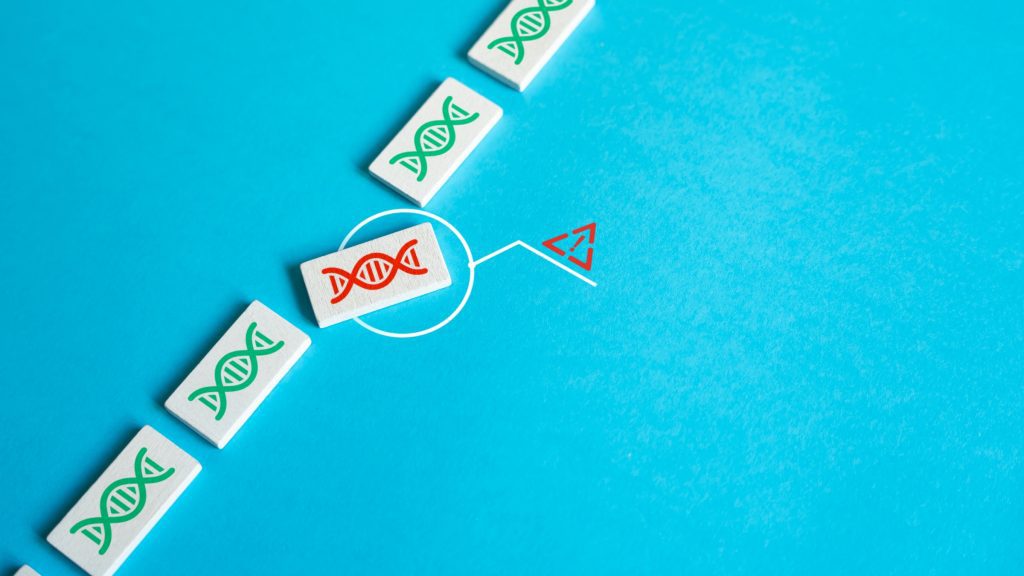
Every year, millions of people face the harsh reality of cancer, with over 20 million new cases and nearly 10 million deaths worldwide, but a new non invasive cancer detection technology is giving hope to those who have lost it.
The new non-invasive colorectal cancer screening contrasts with traditional blood-based biopsies that are generally costly, invasive, and hard to access, especially in rural areas or for disadvantaged communities.
The new non-invasive colorectal cancer screening technology is now offering a promising glimpse of hope with cheaper, faster, and most importantly more accessible cancer testing, contrary to traditional detection methods.
Which Technology Is Important in the Detection Cancer
With the new cancer detection technology, early whispers of the chronic illness can be heard in the patient’s urine. With the research showing that tumor-secreted miRNA molecules – once undetectable until late stages, stays in urine with contaminations than blood.
The technological breakthrough is not only non-invasive cancer detection technology, but also scalable. As the method has the power to transform routine screening to a simple act as visiting the restroom, as urine carries less impurities compared to blood.
miRNA is a type of small, non-coding RNA molecule that plays a key role in regulation gene expression, especially in post-transcriptional processes.
miSignal, developed by Craif, is the first to detect multiple cancers, including pancreatic, colorectal, breast, ovarian, and lung cancers.
In 2025, the Tokyo-based biomedical company plans to expand its product to detect 10 cancer types and invest in applications for detecting neurodegenerative disorders like dementia.
Craif’s non invasive cancer detection could become the future of cancer diagnosis. Unlike traditional blood tests or tissue biopsies, new cancer detection technology is safer, more comfortable, and less expensive alternative for patients. In parallel, non invasive cancer detection tests can even be done at home, reducing doctor visits and allowing early low-cost detection.
“The test can be conducted from the comfort of a patient’s home and is powered by advanced microRNA analysis, making early detection more accessible and effective,” said Ryuichi Onose, co-founder and CEO of Craif.
Also, there is the Multi-Cancer Early Detection (MCED) test, utilizing cell-free DNA (cfDNA) – small fragments of DNA found circulating in the blood and other bodily fluids – for early detection of several tumors without invasive procedures.
By analyzing cfDNA in the blood, this technology allows early detection of many cancers from a single blood sample. Enabling intervention at an earlier stage and improved non invasive cancer treatment with less painful procedures.
A MCED test is a type of liquid biopsy, a blood test designed to detect cancer in symptom-free individuals – usually before symptoms develop.
AI Healthcare in Rural Areas
As non invasive cancer treatment advances, healthcare accessibility in rural communities where access to important care is not mainly available to patients remains a stain on humanity’s medical reach. When thinking of a solution for a simplified diagnosis, AI-powered mobile clinics came to the rescue.
The University of Michigan, with funding from the Advanced Research Projects Agency for Health (ARPA-H), is running a project to deliver high-quality health to rural towns with AI-enabled mobile clinics. The clinics provide in-clinic instruction to healthcare professionals like physician assistants and nurses to perform more complex procedures and diagnoses without specialist training.
“We want to bring the hospital to the house, or to the church parking lot – whether that’s in Michigan’s Upper Peninsula or in the middle of Indiana – where the nearest medical center that performs the care the patient needs might be two hours away,” said Jason Corso, director of the AI project.
With AI, such mobile clinics can make specialized care more personalized, reduce time, and allow health workers to perform medical procedures with confidence, also patients will enjoy a faster non invasive cancer detection.
What’s Next for AI and Cancer Detection?
The combination of AI technology and non invasive cancer detection is a promising path for cancer diagnosis and treatment. As healthcare companies advance urine-based diagnostic tests for early tumor detection, they could pave the way for accessible cancer detection technologies to all.
Craif’s AI-powered, urine-based cancer detection technology is transforming cancer screening through its non-invasive, and faster alternative to traditional methods. Holding the potential to make early detection more accessible to everyone.
Inside Telecom provides you with an extensive list of content covering all aspects of the Tech industry. Keep an eye on our Medtech section to stay informed and updated with our daily articles.